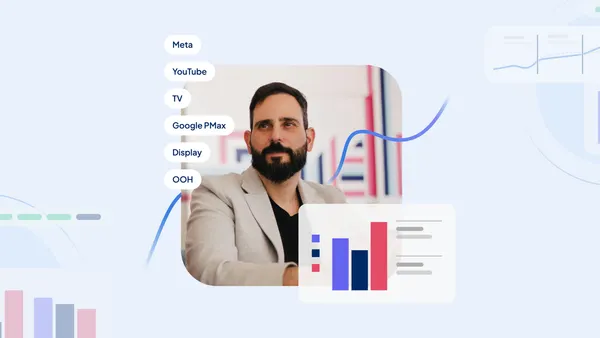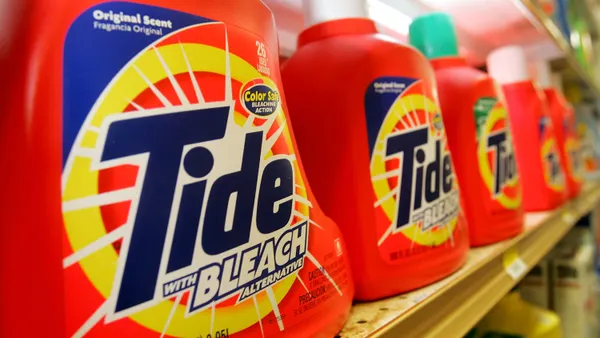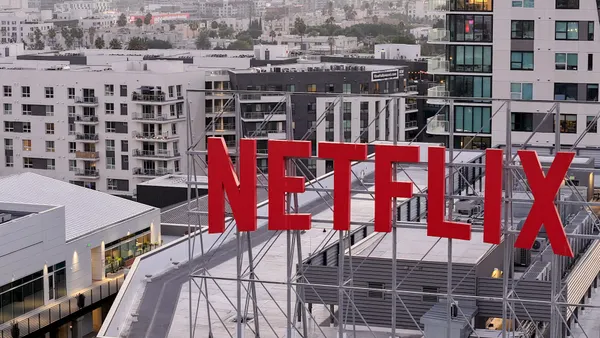Dive Brief:
- AI-driven language analysis company Persado examined 98 of President Donald Trump's speeches and remarks in office and found that he uses emotionally-charged language to appeal to his target audience, with a focus on being forward-looking, reassuring of an insecure audience, being positive and using few words, often leaning on terms like "we" and "you" slightly more often than "I," as outlined in a company blog post.
- In the study, the brevity of Trump’s statements stands out — 7,592 sentences were surveyed with an average of 2.25 words per sentence, 1.54 syllable per word and 366 questions asked.
- "Our goal was to demonstrate, using Trump as an example, that there’s data behind the rallying power of emotionally-charged language," Dr. Matthew Bower, content director at Persado, wrote in the post. "On a larger scale, our findings give marketers insight into the role language plays in engaging customers and in creating brand advocates."
Dive Insight:
The study points to how effective Trump is in marketing himself and his politics, and the power of emotionally-resonant messaging that makes its target audience feel included. That's not to say the president has been entirely effective at the political equivalent of new customer acquisition: A recent ABC News/Washington Post poll found Trump's approval rating at 36%, per MSN, suggesting that, beyond political divisions, his succinct and often direct branding might only appeal to audiences he's already converted rather than reaching out and finding a new base of support.
Persado's study uncovered a handful of "Trumpisms" within the 92,780 total words analyzed, including 1193 uses of "very," 609 of "great," 111 of "very, very" and 67 of "beautiful." The takeaway for marketers is that Trump has a clear understanding of his base and the messaging that resonates with them, because, even though his overall approval ratings are historically low, support among his base remains high.
Marketers should strive to understand what messaging works with their customers because that language and emotional appeal can be applied to campaigns that target look-alike audiences and also sustain loyalty over time.












